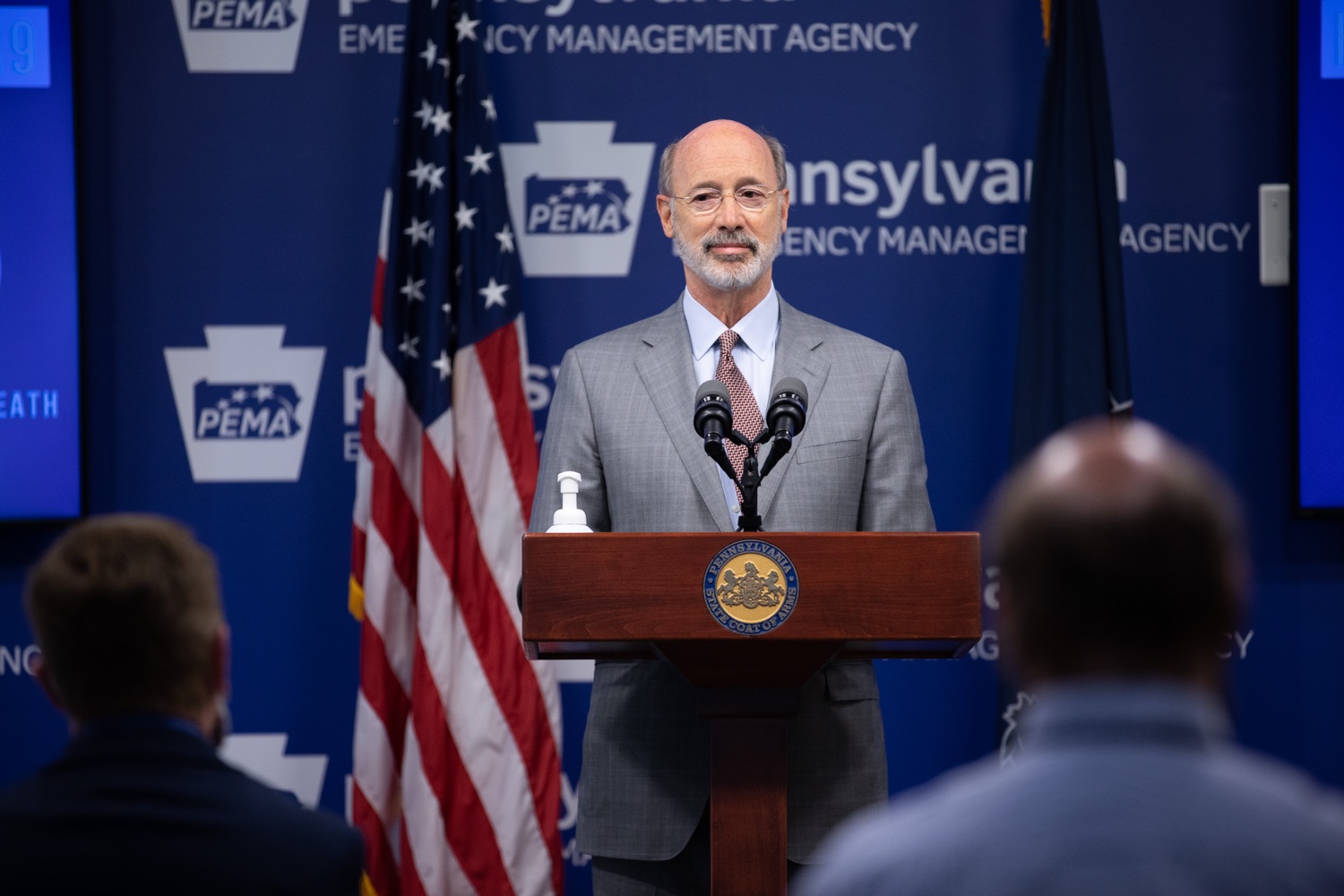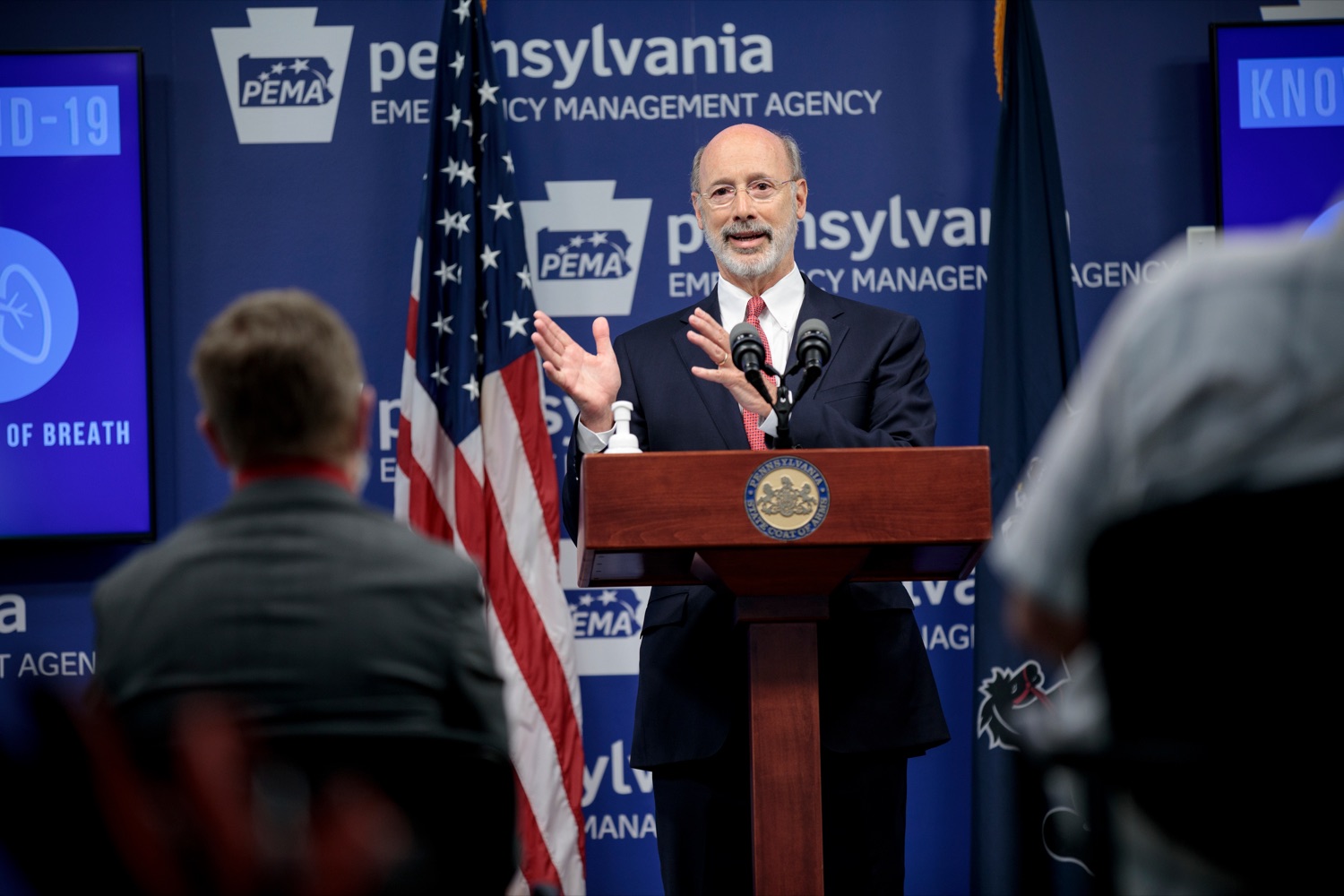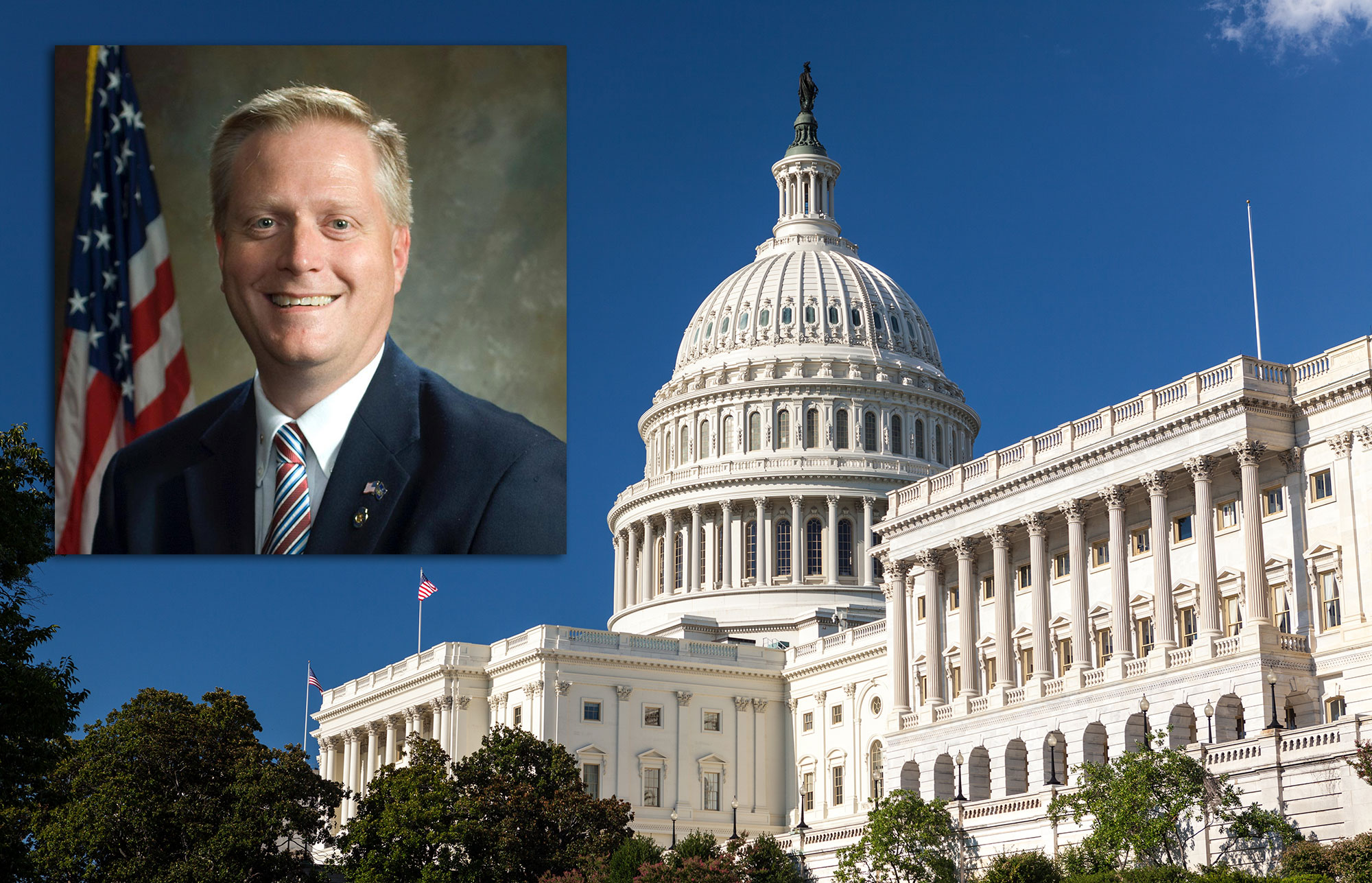Harrisburg, PA – As recovery month continues, the departments of Health and Drug and Alcohol Programs, along with the Substance Abuse and Mental Health Services Administration (SAMHSA), partnered to provide training on SAMHSA’s Clinical Guidance for Treating Pregnant and Parenting People with Opioid Use Disorder (OUD) and Their Infants.
“The opioid epidemic has had a significant impact on families and communities across Pennsylvania,” Secretary of Health Dr. Rachel Levine said. “While we have made significant strides in addressing those impacts through the work of the Pennsylvania Opioid Command Center, there is still more work to do, particularly now during a global pandemic. We must ensure that all people, especially those who are pregnant or new parents, can access quality substance use treatment and medical care when they need it.”
The virtual training, which took place over the past two days, focused on providing comprehensive, national guidance for the best treatment of pregnant and parenting people with OUD and their infants. The Clinical Guidance helps health care professionals and patients determine treatment decisions that will promote the best possible outcome for both parent and infant.
Dr. Levine provided closing remarks on September 22 and Department of Drug and Alcohol Programs (DDAP) Secretary Jenn Smith provided the closing remarks on September 23. A total of 240 attendees participated in the virtual training.
“Pennsylvania has identified pregnant women and women with children as a priority population when battling the opioid epidemic,” said DDAP Secretary Jen Smith. “We understand the many complexities associated with treating this population and the additional care needed in treating our tiniest Pennsylvanians. As best practices are identified in treating OUD, educating practitioners throughout the commonwealth is critical to ensuring we continue to provide quality care to all Pennsylvanians.”
This training builds upon the work of the Pennsylvania Maternal Mortality Review Committee and the Pennsylvania Perinatal Quality Collaborative (PA PQC) to reduce maternal morbidity and mortality by improving care for pregnant and postpartum people and newborns affected by opioids. It also aligns with the work of DDAP’s pregnancy support services programs and other OUD treatment initiatives like the Department of Health’s PacMAT programs and the Department of Human Services Centers of Excellence. Data on maternal OUD and neonatal abstinence syndrome can be found on the Impact on Families page of the Pennsylvania Opioid Data Dashboard.
More information on OUD and maternal mortality can be found on the Department of Health’s website at health.pa.gov or follow us on Facebook and Twitter.











